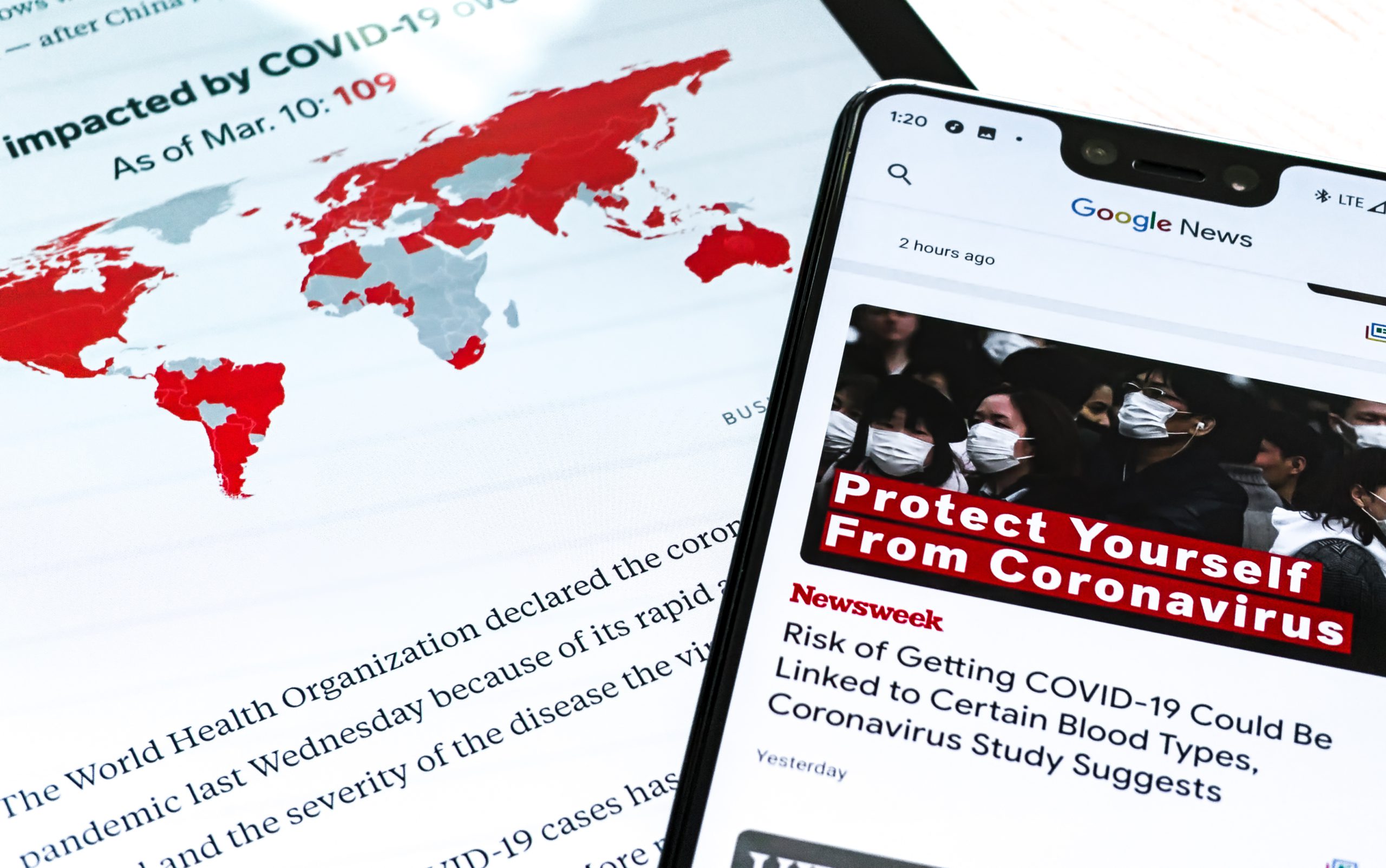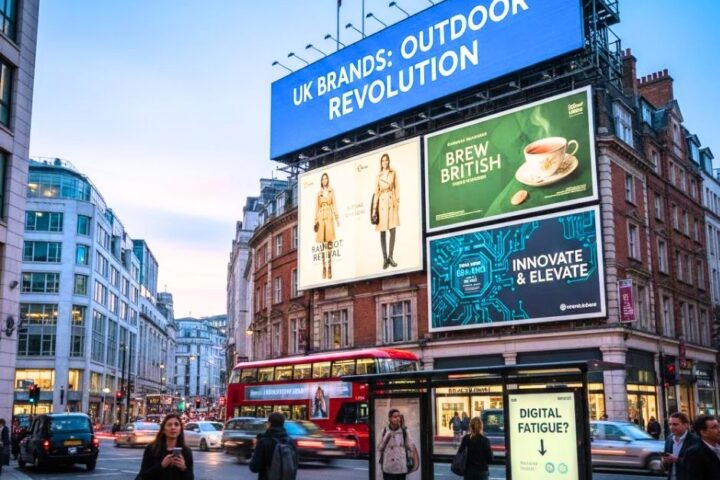Professor Graham Loomes, a behavioural scientists specialising in attitudes to risk and the value placed on a life, said:
“Simply put, the political leaders of Greater Manchester are arguing that moving from Tier 2 to Tier 3 would impose costs on local people that are disproportionately high, relative to any health benefits the extra restrictions might bring.
“No-one denies that the extra restrictions would reduce the number of new cases, hospital admissions, and COVID-related deaths to some degree.
“The questions is, at what point do the health benefits no longer justify the economic and social costs? The answer should be central to operating a consistent and sustainable strategy for dealing with this disease.
“But none of the politicians making the decisions that affect the health and wellbeing of the populations at large are prepared to stand up and answer it head on.
“Yet there is an answer clearly spelled out in official documents. For many years, government bodies have been charged with the responsibility for making value-for-money judgements about all sorts of things that affect our health and safety, making use of benchmarks set out in the UK Treasury’s Green Book.
“The essence is that if some new health intervention is expect to improve the quality or length of patient’s lives, then it is worth up to – but usually not more than – £60,000 for each year quality adjusted life year (QALY) gained.
“On the basis of these wealth vs health trade-offs, the cost of further restrictions, such as a circuit breaker, would be massively in excess of the benefits. If politicians believe those existing values are wrong, they should have the courage to say so and to discuss what values are the right ones to guide policy, now and in the future. It is our lives and our livelihoods that are at stake, so we deserve to be told.”











